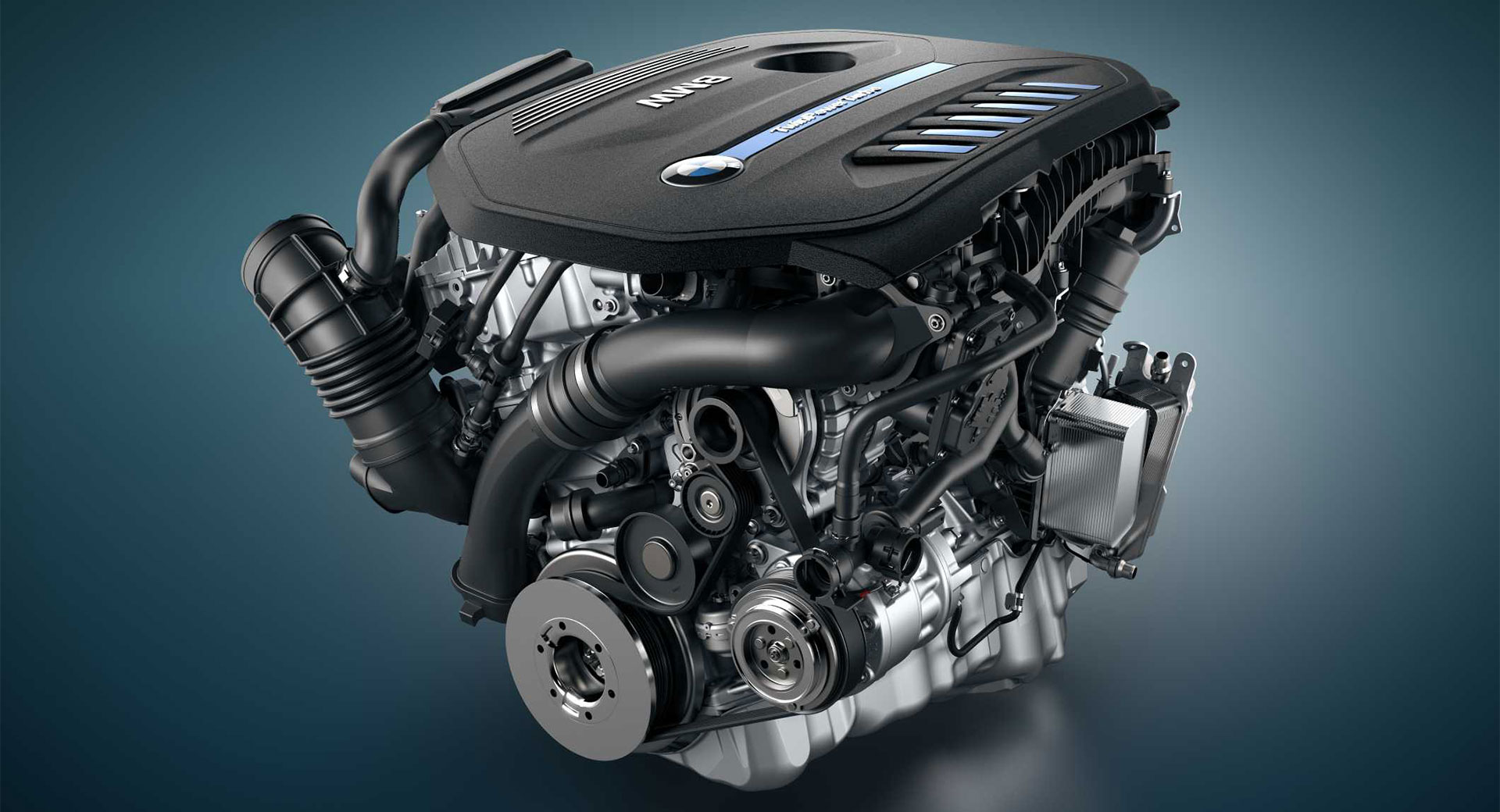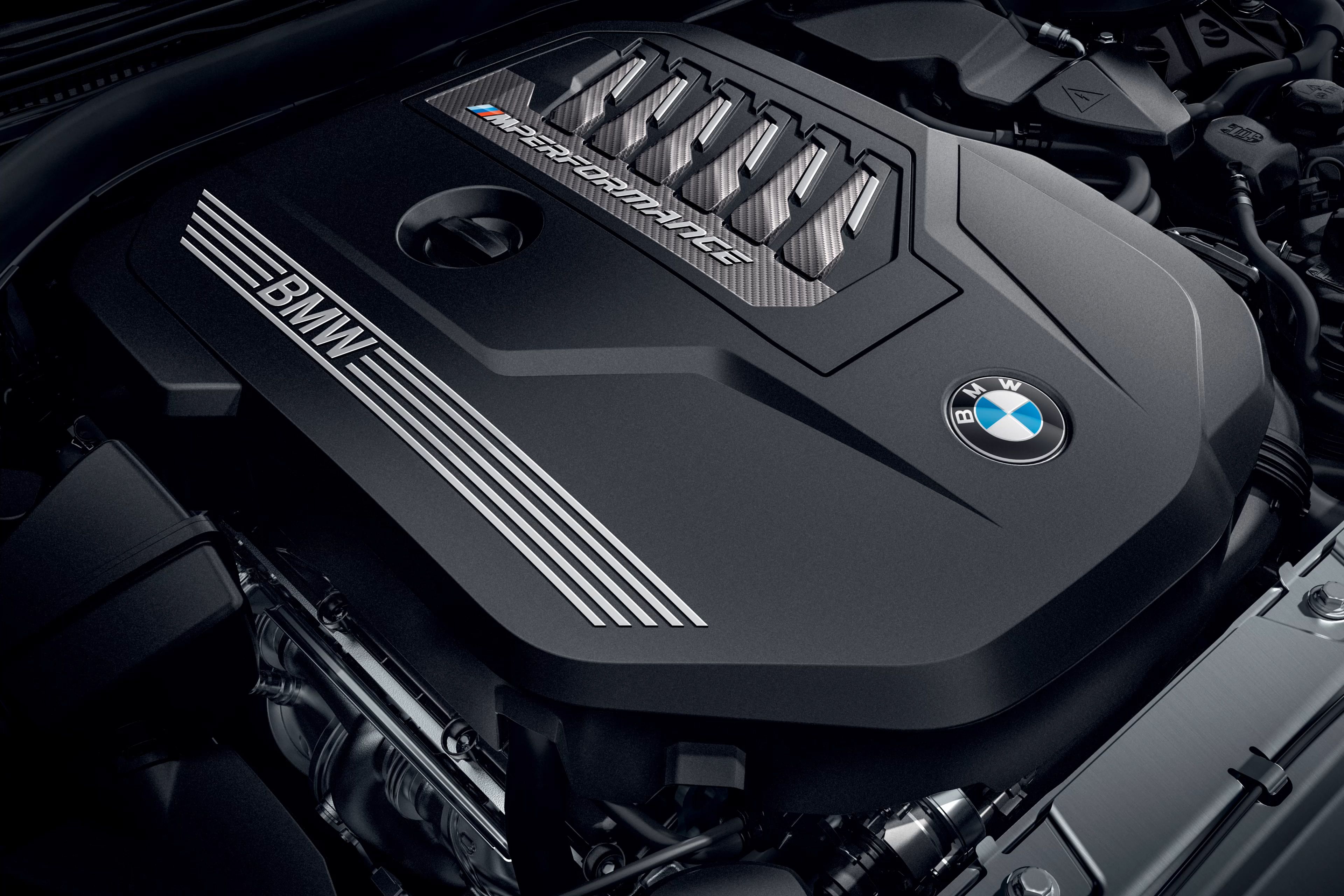How to Maintain Your BMW Engine for Optimal Performance and Durability
Introducing the Intricacies of Next-Generation Power Units: a Deep Dive Into Advanced Engine Designs and Advancements
In the realm of auto design, the unrelenting search of sustainability, efficiency, and performance has actually propelled the advancement of power devices to unmatched elevations. As we stand on the precipice of a new age in transport, the complexities of next-generation engine layouts bid us to check out the innovative technologies and developments that promise to redefine the driving experience. From innovative materials that push the borders of sturdiness and weight reduction to innovative turbocharging and turbo charging systems that elevate power result to new degrees, each element of these power devices holds a key to opening the future of automobile engineering. Diving deeper right into the worlds of emission control, smart engine monitoring systems, and the horizon of power unit advancement, we find ourselves on the cusp of a transformation that assures to reshape the landscape of mobility as we recognize it.
Advancement of Engine Products

The shift towards progressed engine products has additionally enabled designers to make engines with greater power results while preserving gas performance criteria. The usage of lightweight materials reduces the total weight of the engine, leading to enhanced gas economic climate and lower discharges. Furthermore, advancements in products innovation have enabled much better thermal administration within engines, causing boosted reliability and long life.
Turbocharging and Supercharging Technologies
Just How do Turbocharging and Supercharging Technologies reinvent engine performance and efficiency in modern-day vehicles? Turbocharging and supercharging are technologies that considerably enhance engine efficiency by raising the quantity of air consumption right into the burning chamber. Turbocharging achieves this by utilizing a generator driven by exhaust gases to pressurize the intake air, while turbo charging makes use of a belt- or chain-driven compressor to attain the same effect.
These technologies enable smaller sized, a lot more fuel-efficient engines to produce power equal to larger ones, referred to as downsizing. Forcibly more air right into the cyndrical tubes, turbocharging and supercharging enhance burning performance, causing enhanced horsepower and torque result without a substantial rise in engine dimension. This leads to better velocity, lugging ability, and overall driving efficiency.
Additionally, turbocharging and supercharging add to boosted gas performance by enabling the usage of smaller sized engines that eat less fuel under typical driving problems - bmw engine. This combination of boosted efficiency and effectiveness has made turbocharging and turbo charging indispensable parts of many modern-day engine designs
Exhaust Control and Environmental Effect
With increasing worldwide worries regarding air quality and environmental sustainability, the implementation of discharge control modern technologies in vehicles plays a vital duty in decreasing damaging toxins launched right into the ambience. Modern lorries are equipped with sophisticated emission control systems that aid decrease the ecological influence of auto procedures. Catalytic converters, for example, are created to transform harmful gases such as carbon monoxide gas, nitrogen oxides, and hydrocarbons right into much less damaging materials like carbon dioxide and water vapor.
Furthermore, developments in engine innovation, such as the integration of exhaust gas recirculation systems pop over here and careful catalytic reduction, have actually substantially added to reducing exhausts. These technologies operate in tandem to optimize burning effectiveness and decrease the release of dangerous toxins into the air. Additionally, the development of hybrid and electrical vehicles represents a critical action in the direction of lowering the total ecological footprint of the transport field.
Intelligent Engine Monitoring Equipment

In addition, these systems make it possible for automobiles to fulfill rigorous discharges standards without jeopardizing performance, supplying a more eco-friendly driving experience. The assimilation of expert system and artificial intelligence capacities in engine monitoring systems remains to push the borders of what is possible, leading to further renovations in performance, integrity, and total automobile performance. bmw engine. As automobile technology advancements, smart engine management systems will certainly play an important role fit the future of transportation towards a much more sustainable and reliable instructions
Future Trends in Power Device Advancement
As intelligent engine management systems pave the way for improved control and optimization in modern cars, future trends in power system growth are poised to redefine the landscape of automotive propulsion modern technologies. One of the vital trends driving advancement in resource power system growth is the change in the direction of electrification. With a boosting emphasis on sustainability and lowering carbon emissions, hybrid and electrical powertrains are ending up being much more widespread in the automobile market. These alternative power resources supply improved effectiveness and efficiency while straightening with strict environmental laws.
One more considerable fad is the assimilation of innovative materials and producing techniques. Light-weight materials such as carbon fiber and light weight aluminum are being utilized to decrease overall vehicle weight, improving fuel efficiency and performance. Additionally, developments in 3D printing and additive manufacturing are allowing the manufacturing of intricate engine parts with higher accuracy and longevity.
Moreover, man-made knowledge and artificial intelligence are playing a vital duty in enhancing power device efficiency. These technologies permit real-time monitoring and adaptive control, bring about a lot more efficient and trustworthy power shipment. Overall, future patterns in power unit advancement are geared in the direction of efficiency, performance, and sustainability, driving the automobile industry towards a brand-new period of propulsion innovations.

Final Thought
In conclusion, the innovations in engine materials, turbocharging, discharge control, and smart administration systems have paved the method for next-generation power systems. The elaborate styles and innovations in contemporary engines display the continuous evolution of vehicle modern technology.
Checking out the modern advancements in engine materials has actually been essential in enhancing the performance and performance of contemporary engines. Over the years, the evolution of engine materials has played a critical duty in pressing the limits of what engines can accomplish.The find more information shift in the direction of advanced engine products has actually additionally made it possible for engineers to create engines with greater power outputs while preserving fuel efficiency criteria.The implementation of smart engine monitoring systems in modern-day automobiles has reinvented the method engines are controlled and optimized for efficiency and effectiveness. By gathering information in real-time and assessing it with innovative formulas, smart engine administration systems can adjust to driving designs, ecological aspects, and engine wellness to make the most of power result while reducing fuel intake and exhausts.